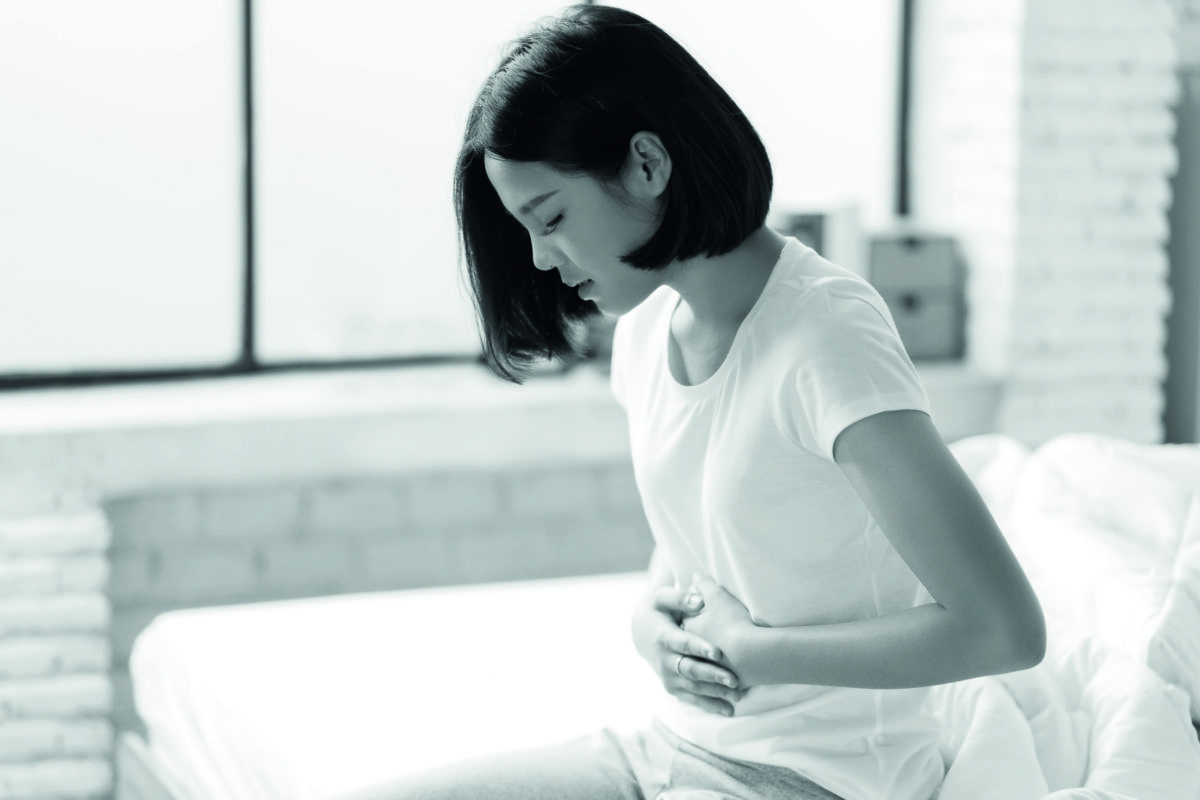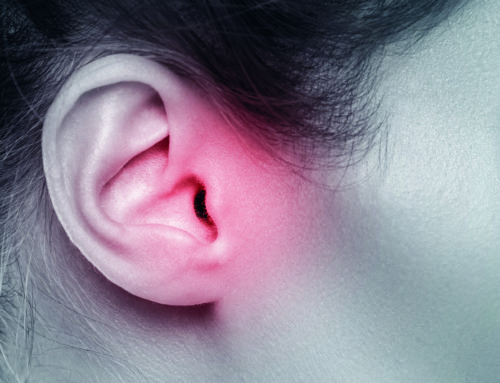Cystitis (also known as urinary tract infection) is one of the most common infections seen in adults of all ages. Many women experience cystitis at some point in their life, while some get repeated infections which can be painful and stressful. Susannah Fraser of Bladder Health UK shares how you can help ease the discomfort for those dealing with the condition, and alleviate their level of pain.
In the UK, around two million women suffer from cystitis each year. While it is less common in men, the symptoms can be equally troublesome.
Cystitis typically consists of pain over the bladder; discomfort or burning when passing urine; increased frequency of urination; and sometimes backache or a temperature. Many patients can end up feeling that it is something that they ‘just have to put up with’ – but this is not true. There are now numerous medical treatments, lifestyle changes, and alternative remedies that can help with the problem.
Cystitis is caused by bacteria entering the bladder via the urethra. Bacteria may be introduced to the urinary system for many reasons. For example:
Sexual Activity
Sexual intercourse may introduce bacteria to, or cause bruising of, the urethra and bladder.
To avoid cystitis following sexual intercourse:
• Pass urine before and after sex
• Wash before and after sex (this includes your partner). Remember that it is important to wash your hands as well as your genitals
• If natural lubrication is a problem, lubricating gels can be purchased from a pharmacy
Post-Menopausal Changes
The normal pre-menopausal vagina is colonised by lactobacilli, the presence of which is dependent on oestrogen, the female sex hormone. These lactobacilli or ‘good bacteria’ prevent the area from being invaded by ‘bad bacteria’, for example E-Coli.
After the menopause, when oestrogen levels decline, it is quite common for women to develop urinary infections. Inappropriate use of antibiotics also destroys lactobacilli, as does spermicidal gel. Decreasing hormones in post-menopausal women result in changes within the body. These changes reduce the normal defences of the urethra and allow harmful bacteria to grow.
Diabetes
The urine of diabetics can contain a lot of sugar, encouraging bacteria to grow.
Pregnancy
Pressure from the uterus may result in incomplete emptying of the bladder, thus encouraging bacteria to grow.
Prostate
In men, an enlarged prostate prevents the bladder from emptying completely. A stagnant pool of urine can encourage the growth of bacteria.
Kidney / Bladder Stones
These may cause urine to stagnate in the urinary system which encourages bacteria to grow.
Simple Tips to Prevent Cystitis from Developing
• Drink lots of fluids to make plenty of dilute urine – eight glasses a day of dilute squash, rather than pure fruit juice, tea, or coffee
• The bacteria that cause cystitis thrive in warm, moist conditions. Wearing loose fitting clothes made of natural material, such as linen or cotton, may prevent the bacteria from multiplying
• Ensure that you eat a healthy and nutritious diet to keep your immune system functioning effectively
• For women who have been through the menopause, oestrogen replacement treatment in the form of pessaries or topical cream may prove useful
• If necessary, revise your method of contraception as the use of spermicidal products can destroy lactobacilli (good bacteria)
• If you feel that cystitis episodes are precipitated by sex, it may be advisable to wash the genital area prior to and pass urine after sex to help flush bacteria away
When an Attack Occurs
Alkalising the urine helps to eradicate germs and sooth the bladder. Always consult your GP if symptoms continue for more than two days. Men, children, and pregnant women should not attempt to treat themselves, but seek medical advice at the earliest opportunity. If symptoms persist and samples submitted for testing are coming back clear, you may need to be treated by a practitioner specialising in chronic infection of the bladder. Contact Bladder Health UK for details.
There are also some alternative supplements available to purchase which may help to clear bacteria from the bladder; the most well-known of which is probably D-Mannose. D-Mannose may be used in the prevention of cystitis caused by E-Coli bacteria.
D-Mannose is an essential simple sugar. It was discovered in the late 1980s that a small amount of D-Mannose is present in urine, apparently acting as a defensive mechanism against pathogenic bacteria. When D-Mannose is taken as a supplement, more passes through the urinary tract, coating the bacteria and flushing them out in the urine.
About Bladder Health UK
For further insights on urinary tract infection, contact Bladder Health UK.
Bladder Health UK gives support to people with all forms of chronic bladder illness, together with their families and friends. We are the largest bladder patient support charity in the UK with an informative website that includes a chat room / message board forum. We are also active on Facebook, Twitter, and Instagram, so look us up or give us a call!
For more information, visit
www.bladderhealthuk.org, or call the confidential advice line on 0121 702 0820.








